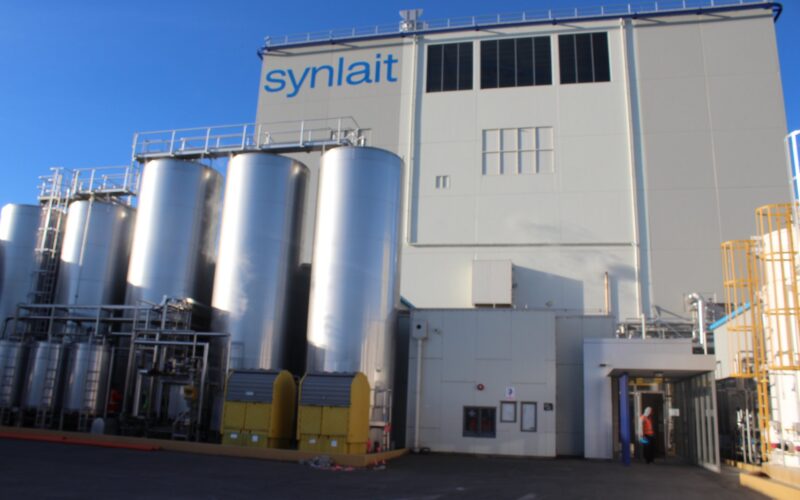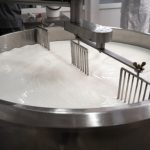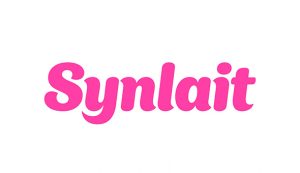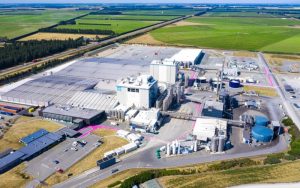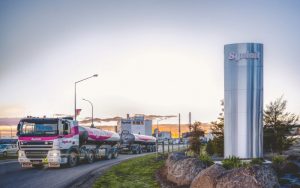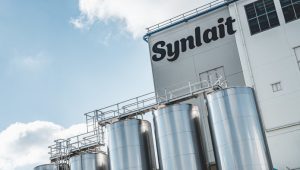
Northington Partners report says loan could help troubled company buy time.
Synlait shareholders can buy time for essential capital restructuring by approving the $130 million loan from cornerstone shareholder and Chinese state investor Bright Dairy, an independent report has advised.
The Northington Partners report says the terms of the Bright loan are concessionary and therefore fair to the minority shareholders.
Bright is not allowed to vote its 39% shareholding, and 19.8% shareholder and major customer a2 Milk Company has not yet indicated how it will vote on approving the loan.
The vote will be held on July 11, shortly before Synlait must repay $130m of senior bank loans, on July 15.
In an independent appraisal report commissioned by the Synlait board, Northington summarises the financial history of Synlait before assessing the terms of the Bright loan and possible consequences.
Synlait began operations at Dunsandel in 2008 with Dryer 1 and an anhydrous milk fat plant.
Bright Dairy acquired 51% of Synlait as part of a capital raise in 2010, used for Dryer 2 at Dunsandel, capable of infant formula powder bases.
From 2012 onwards that plant has supplied a2 Milk Company with infant formula base and a2MC has taken a 20% shareholding.
Dunsandel holds the Chinese government manufacturing licence for Chinese-labelled infant formula Stages 1, 2 and 3.
The Synlait initial public offering and listing was in 2013, extended to raise about $110m for Dryer 3, a lactoferrin plant and a blending and consumer packaging plant.
Bright’s shareholding was diluted to 39%.
In 2016 Synlait raised another $98m with an entitlement offering, for debt repayment, a liquid packaging plant at Dunsandel to serve Foodstuffs South Island and the green field build at Pōkeno, South Auckland.
Pōkeno became operational in 2019 and was extended to include plant-based products as well as dairy based.
The domestic dairy foods company Dairyworks was purchased in 2020 and has been unsuccessfully advertised for resale at $120m since June 2023.
Synlait is committed to matching the Fonterra milk price, plus incentive payments that have averaged 3% premium over the past nine years.
The peak milk pool in 2022-23 was 285 farms (220 in the South Island and 65 in the North Island) and has dropped to 274 farms in the most recent season.
The company announced that a significant majority of its supply farmers have submitted cessation notices, but the notice period is two years and will not take effect until mid-2026.
“Rebuilding supplier confidence and securing the withdrawal of these cessation notices is clearly going to be a key element of Synlait’s recovery plan,” the Northington report says.
In four of the past seven financial years Synlait has made $130-$155m earnings before interest, tax, depreciation and amortization (EBITDA) but in FY20 that shrank to $50m. In FY23 it was $81m and in FY24 it is forecast to be not much more than $45m.
Over $1.5 billion has been invested in capital works since inception, the peak year being $340m in FY19 for the Pōkeno build.
Over the past decade Synlait has raised $300m in new equity, and has contributed meaningful cash earnings, but its current total debt stands at $560m.
Northington says Synlait and its advisers are working on an equity raise for later this year to revise its bank facilities and pay back $180m of unsecured subordinated bonds due in December.
Bright Dairy said it will support the equity raise and therefore its shareholding is likely to increase.
That will require shareholder approval under the NZX listing rules and takeover code.
An alternative to the capital raise might be sale of Pōkeno and the central Auckland packaging facilities, valued around $340m, but that would also require shareholder approval.
Northington advises that the terms of the $130m Bright loan are concessionary and therefore fair to shareholders other than Bright.
While the loan will have no immediate effect on Synlait’s debt position, because it will be used to repay senior bank loans by July 15, it will provide more time for recapitalisation.
If the loan is not approved Synlait will likely go into voluntary administration or receivership.
“The ultimate outcome for shareholders under any insolvency process is highly uncertain and we do not consider that approval of the shareholder loan would disadvantage shareholders,” Northington concludes.
You can now read the most important #news on #eDairyNews #Whatsapp channels!!!
🇺🇸 eDairy News INGLÊS: https://whatsapp.com/channel/0029VaKsjzGDTkJyIN6hcP1K
